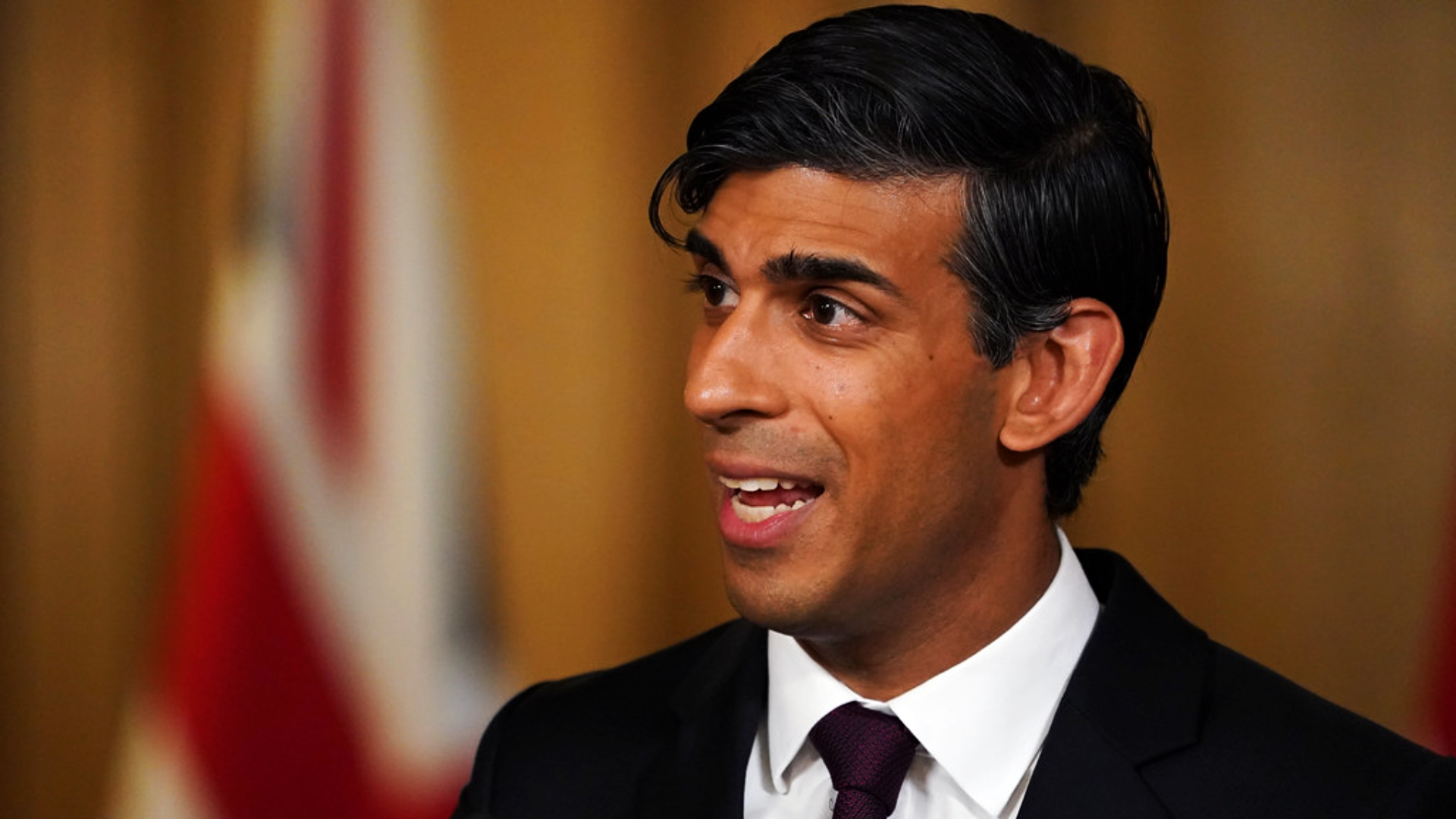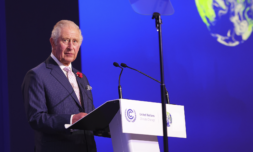Succeeding the brief tenure of Liz Truss, Rishi Sunak’s appointment as prime minister is seen by several environmental groups as something of an improvement. Can the damage be repaired?
Early trepidations about Liz Truss’ tunnel vision approach to boosting the economy (at the expense of the environment) were instantly confirmed upon her appointment.
Lasting little more than a month, Truss’ haphazard reign soured years of good relations with environmental pillars like the RSPB, the Wildlife Trusts, and the National Trust.
Hell-bent on opening up new oil exploration licences to galvanise the UK energy grid, her instance on fracking, banning farmland solar power, and weakening ecological protection bills ignited Tory infighting and ultimately sealed her exit.
Stepping into the role today is Truss’ party adversary from early September, Rishi Sunak, a man with some – albeit patchy – climate credentials.
We’ve yet to hear a direct address from Sunak since his campaign last month, but already environmental groups are breathing a sigh of relief.
Having previously served as Boris Johnson’s finance minister, and presided over the climate science budget, it is thought that Sunak is more malleable than Truss and may uphold previous green pledges instead of tearing them down for the sake of short-term gain.
‘Very early on Liz Truss launched this attack on nature. We will have to see what Rishi Sunak does, but he seems to be a bit more open to evidence, reason, and logic,’ said Craig Bennet, the chief executive of the Wildlife Trusts.




















